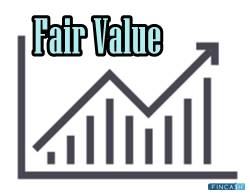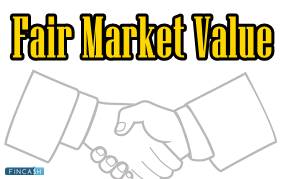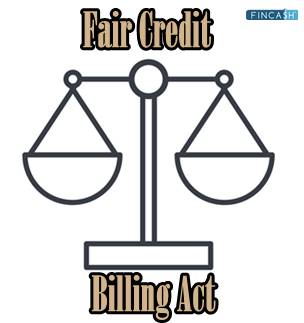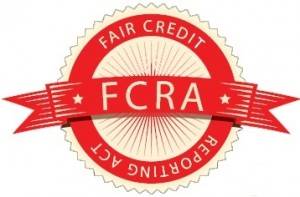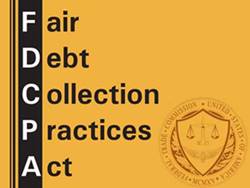
Laissez-Faire
What is Laissez-Faire?
Laissez-faire is one economic theory that dates back in the 18th century. This theory supports the opposition of government interference in business affairs.
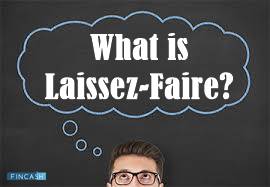
Being an essential component of the free-Market Capitalism, behind laissez-faire, the driving force is the notion that lesser the government is involved in the entire Economy, the better it will be for businesses and even for the society as a whole.
History of Laissez-Faire
Promoted in the mid-1700s, the policy of laissez-faire is one of the initial expressed economic theories. It was invented with a group, which is known as the Physiocrats, who thrived in France from 1756 to 1778, regulated by a physician.
With this group, their endeavour was to apply scientific methodology and principles to the study of wealth. These economists argued that free economic competition and a free market were essential to the free society’s health.
The government, if there is a need, should only interfere in the economy to preserve individual, life, and property freedom. If not, the unchanging, natural laws that regulated economic processes and market forces should be allowed to continue without any hindrance.
Talk to our investment specialist
According to the legends, the origination of the term “laissez-faire” in the economic context came from a meeting between a businessman named Le Gendre and the French finance minister – Jean-Baptise Colbert in 1681.
As per the story, upon asking Le Gendre about how the government can help commerce, Le Gendre replied with the phrase “Laisse-nous faire” – which basically means “Let us do it”. Unfortunately, the initial effort to test the theories of laissez-faire was not good enough.
In 1774, an experiment took place where the Controller-General of Finances ended up abolishing restraints on extensively regulated grain Industry; thus, allowing exports and imports between provinces to function in the form of a free trade system.
Explaining Laissez-Faire
The fundamental principle that creates the basics of laisse-faire Economics is the competition that comprises a natural order to rule the world. Since this self-regulatory, natural order is perfect regulation type, laissez-faire economists argue that there is no significant requirement for industrial and business affairs to be complicated by the intervention of the government.
Thus, this results in the opposition of any involvement in the economy, which constitutes any legislation or oversight type. Moreover, they are also against minimum duties, wages, corporate Taxes and trade restrictions. On top of that, laissez-faire economists also consider such taxes as production penalty.
All efforts have been made to ensure the information provided here is accurate. However, no guarantees are made regarding correctness of data. Please verify with scheme information document before making any investment.
